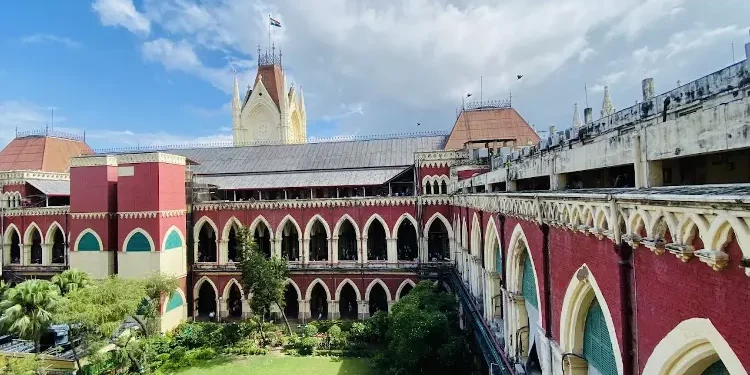A single bench of the Calcutta High Court, presided over by Justice Hiranmay Bhattacharyya, ruled in the case of Rita Ghoshdastidar v. St. Joseph & Mary’s School and Ors. that a writ petition challenging the termination of a teaching staff member from a private unaided educational institution is not maintainable if the dispute primarily involves private contractual matters.
Background:
Rita Ghoshdastidar (the Petitioner) was initially appointed as a part-time teacher at St. Joseph & Mary’s School (the Respondent) on a temporary basis on July 5, 1986, and later transitioned to a full-time position. However, she was suspended on July 16, 2012, following allegations of gross misconduct, including activities detrimental to the school’s interests, physical assault on students, insubordination, neglect of duties, and negligence in performance. An inquiry officer’s report dated February 24, 2013, found her guilty of these charges, and in a meeting on November 25, 2013, the Managing Committee decided to dismiss her from service. Displeased with this decision, the petitioner filed a writ petition seeking reinstatement and payment of subsistence allowance from the period of her suspension until the date of dismissal along with interest.
The Petitioner argued, among other things, that the inquiry was conducted without proper notice and without payment of subsistence allowance, thereby violating principles of natural justice. It was also argued that the findings of the inquiry officer were based on a misinterpretation of a letter written by the Petitioner as an apology, which was intended to mitigate the situation. Additionally, the findings regarding negligence in work were deemed irrelevant to the charges framed.
On the other hand, the Respondent contended that St. Joseph & Mary’s School, being a private institution, is managed by its own committee without government control or financial assistance. The Respondent asserted that disciplinary proceedings against the petitioner were conducted in accordance with principles of natural justice. The Petitioner was given a fair opportunity to respond to the charges, and the process adhered to the school’s disciplinary rules. Furthermore, the Respondent argued that a writ petition against a private unaided educational institution is not maintainable, as the dispute primarily revolves around a contractual relationship rather than statutory obligations.
Court’s Findings:
The court noted that the respondent school operates under private rules, not statutory regulations. Therefore, the Petitioner’s claims lacked a public law element as they primarily involved contractual matters rather than statutory obligations. Citing the case of St. Mary’s Education Society & Anr. v. Rajendra Prasad Bhargava & Ors., the court emphasized that “individual wrongs or breaches of mutual contracts without a significant public element cannot be rectified through a writ petition under Article 226.”
Consequently, the court found that the Petitioner’s writ petition was not maintainable, as it primarily concerned private contractual issues without a substantial public law component.
Based on these observations, the court dismissed the writ petition.

















